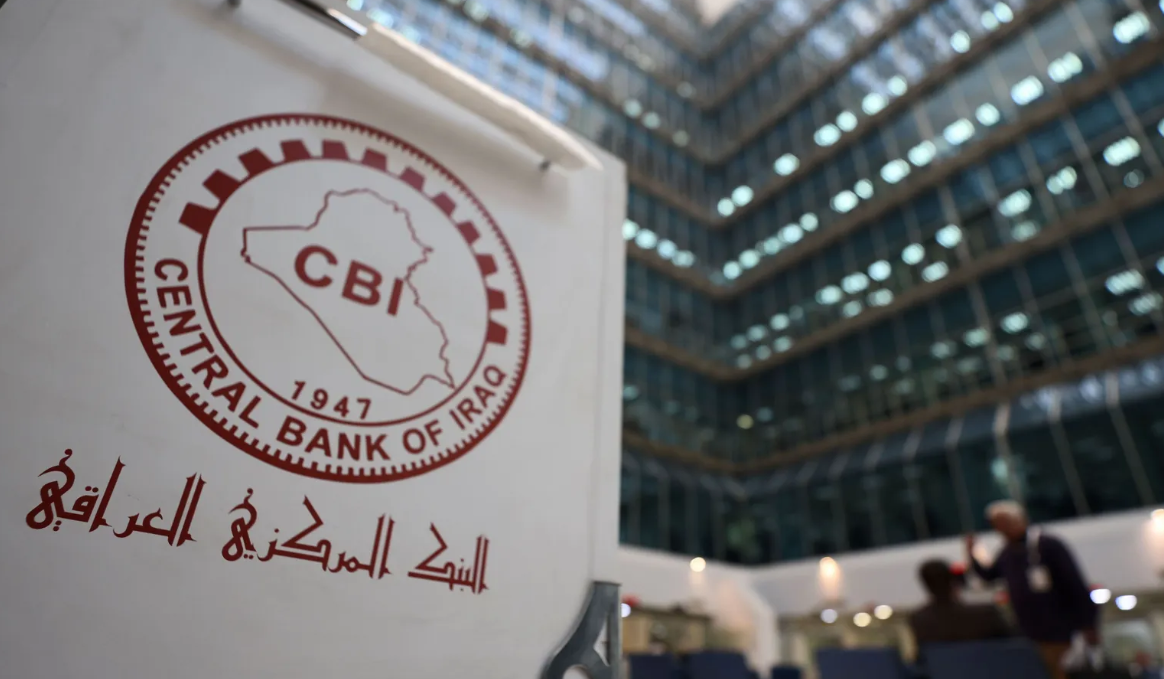Parliamentary effort to question the Central Bank: Costs Iraq trillions and threatens the economy

Member of the Legal Committee, Raed Al-Maliki, announced on Tuesday that he is seeking to hold the relevant authorities accountable, especially the Central Bank and the government, due to the failure of their procedures to address the crisis of the decline in the value of the Iraqi currency and the large gap between the official dollar exchange rate and the parallel rate.
Al-Maliki said, in a press statement received by Shafaq News Agency, that the continued failure of the Central Bank and the government to achieve stability of the dinar and reduce the gap between the two prices led to the waste of huge sums of money and exacerbated the suffering of citizens.
He pointed out that these conditions resulted in the state incurring trillions of dinars and enriching the corrupt at the expense of the people, as the prices of most goods depend on the parallel price, which is much higher than the official price.
Al-Maliki also pointed out that the failure of the government and the Central Bank to deal with the exchange rate crisis was embodied in several main aspects, the first of which is the government’s inability to determine Iraq’s position on countries banned from using the dollar, as it failed to reach an agreement with the United States on how to deal with Iran and Syria, while other countries were able to find formulas of understanding in this regard.
The “second failure,” according to Al-Maliki, is embodied in the government’s inability to control the ports and informal trade. It has failed to unify customs policy and prevent informal ports in the Kurdistan Region, which includes more than 32 informal ports.
The third failure, MP Al-Maliki says, is the failure to address the issue of small traders, whose number exceeds 400,000 traders in Iraq, who rely on the parallel dollar to avoid official procedures and taxes.
Regarding the fourth failure, the government and the Central Bank, according to Maliki’s statement, failed to address the problem of speculation and commissions in banks, as banks buy the dollar at the official price and sell it at higher prices without any legal accountability.
Finally, the fifth failure, according to the statement, is embodied in turning the file of providing travelers with dollars into a corruption case that cost 600 billion dinars, as dollars are collected for fictitious travel purposes without verifying the actual need for travel.
Al-Maliki added that these points represent the most prominent reasons for the continuation of the exchange rate crisis and the waste of money, pointing out that Arab and foreign banks have entered the currency auction and increased their profits at the expense of Iraq.
The MP stressed that he will use all constitutional, legal and popular means to confront this failure and mismanagement, calling on MPs from other blocs to support these efforts in order to protect the interests of the Iraqi people.
For his part, MP Majid Shankali called on the Council of Ministers to take decisive and bold decisions related to the financial reality in Iraq.
In a statement received by Shafaq News Agency, Shankali stressed the necessity that these decisions be preceded by the process of building trust between the citizen and the banking system, which is currently suffering from a significant lack of this trust.
In this context, Shankali called for banning dealing and trading in dollars in buying and selling operations, in a step aimed at enhancing the use of the Iraqi dinar and reducing dependence on foreign currency. He also called for not allowing citizens to hoard amounts exceeding ten thousand dollars or its equivalent outside banks, in order to limit financial evasion and enhance official banking practices.
Shankali also stressed the need to encourage and stimulate electronic dealing in financial transactions, pointing out the need to start implementing these decisions gradually to avoid creating new crises, stressing that these procedures must be well thought out and based on gradual steps to ensure achieving the desired financial goals without causing additional problems for citizens.
Shafaq.com
